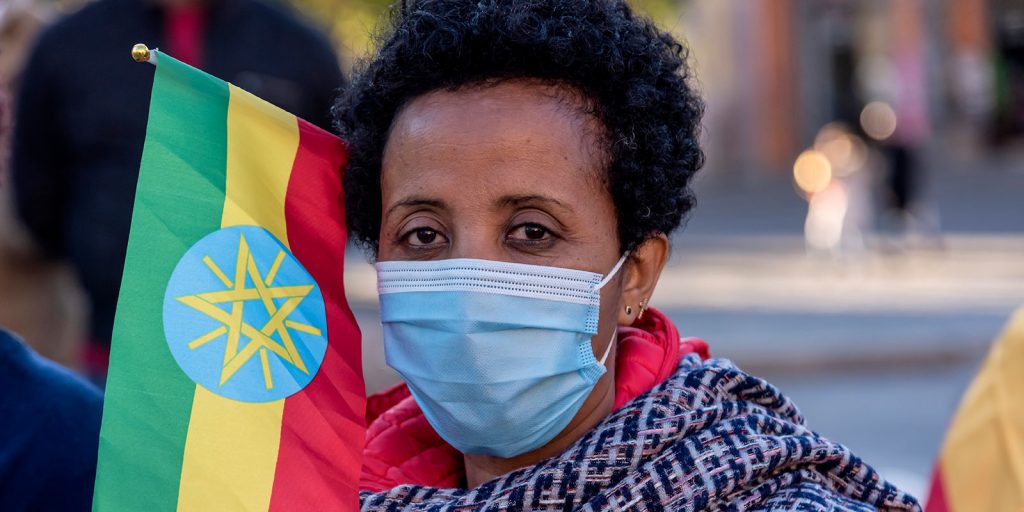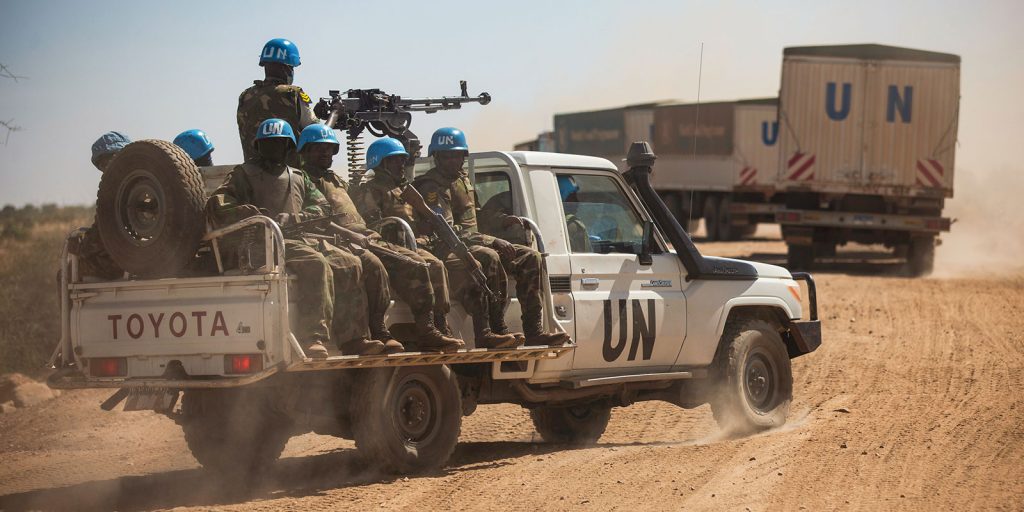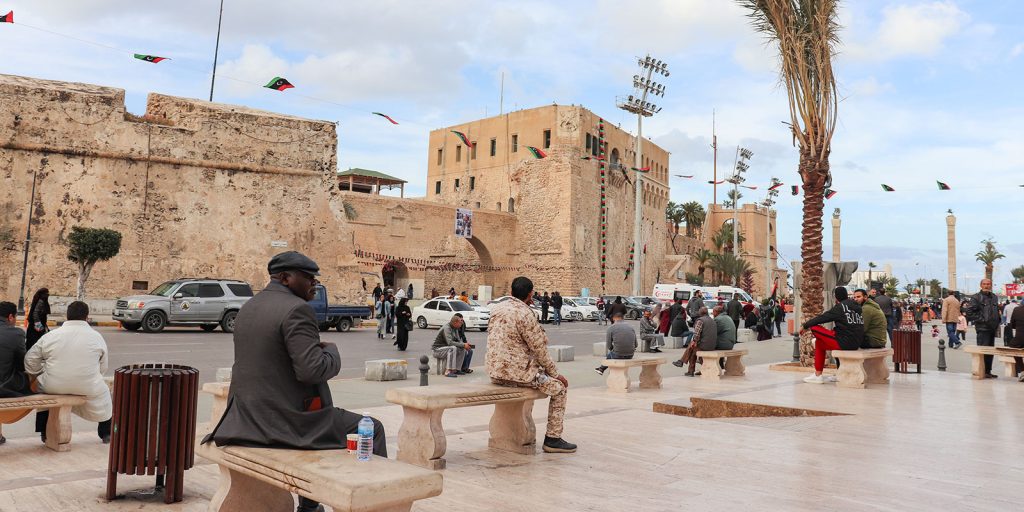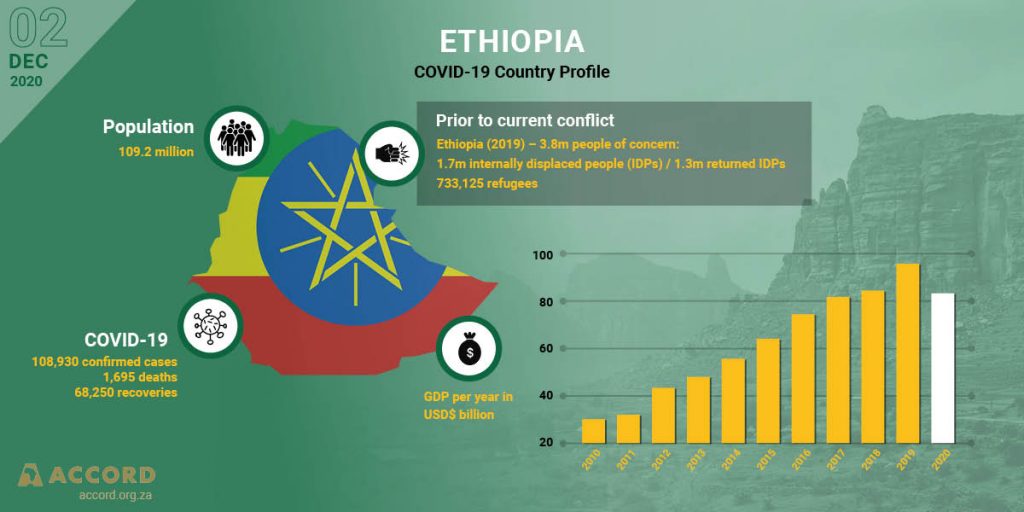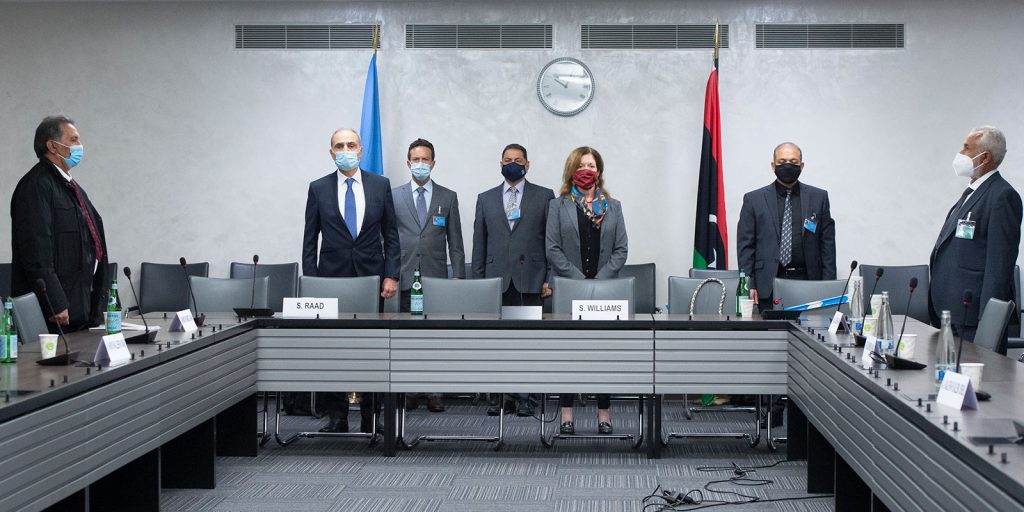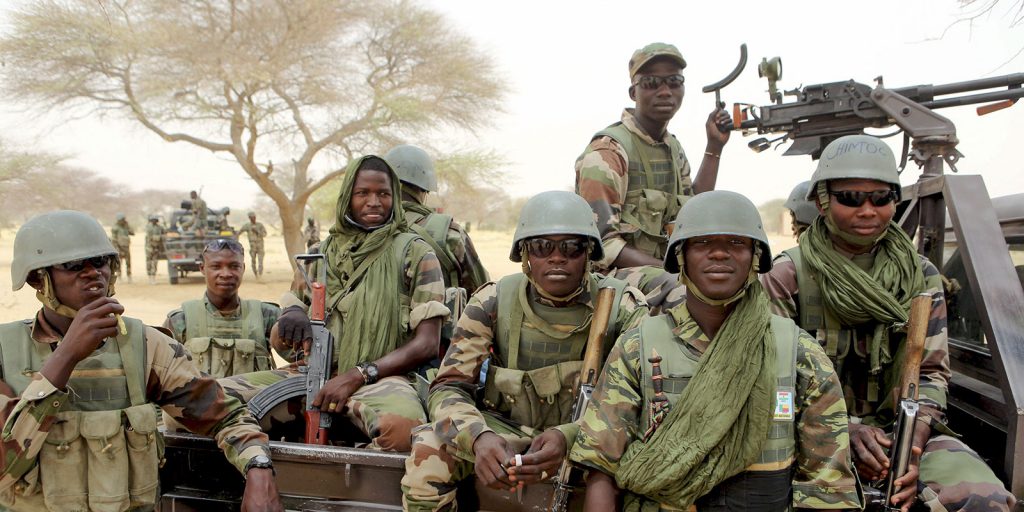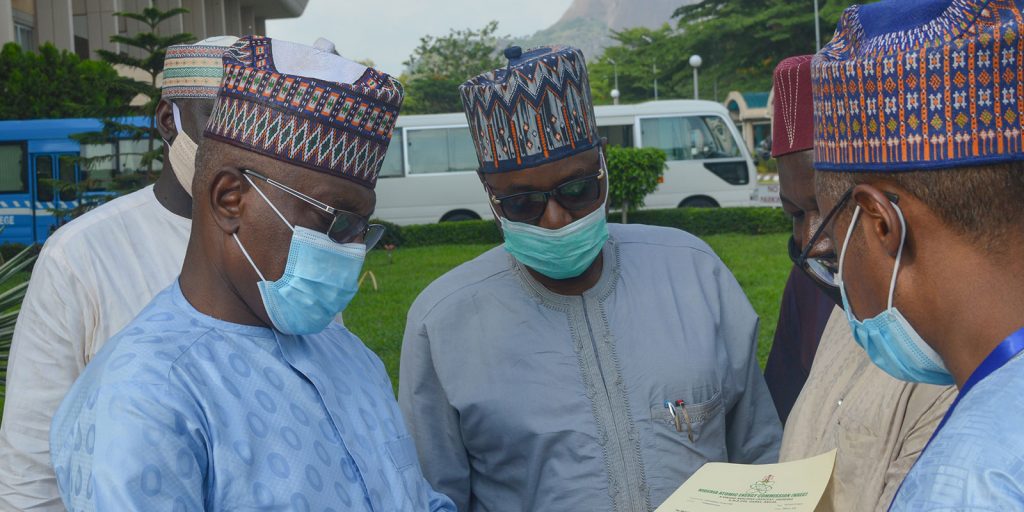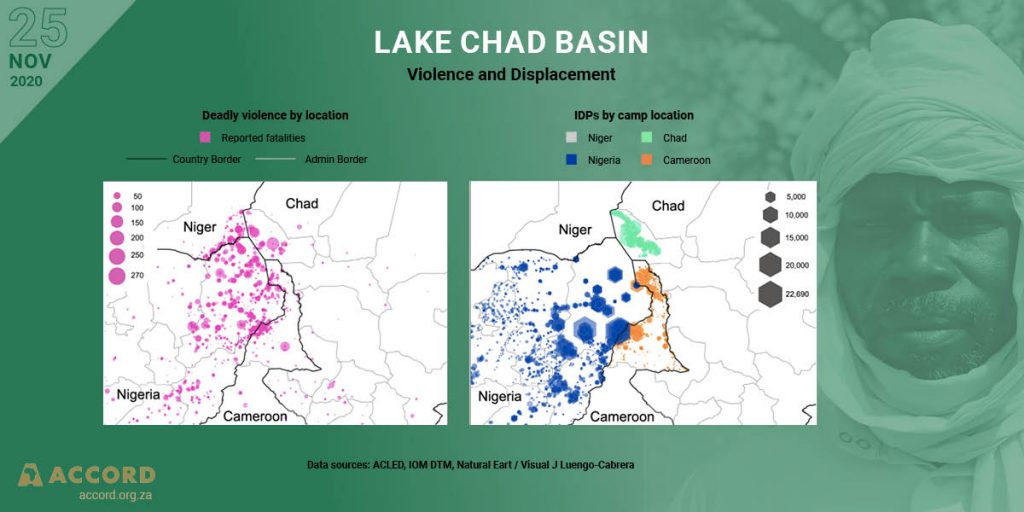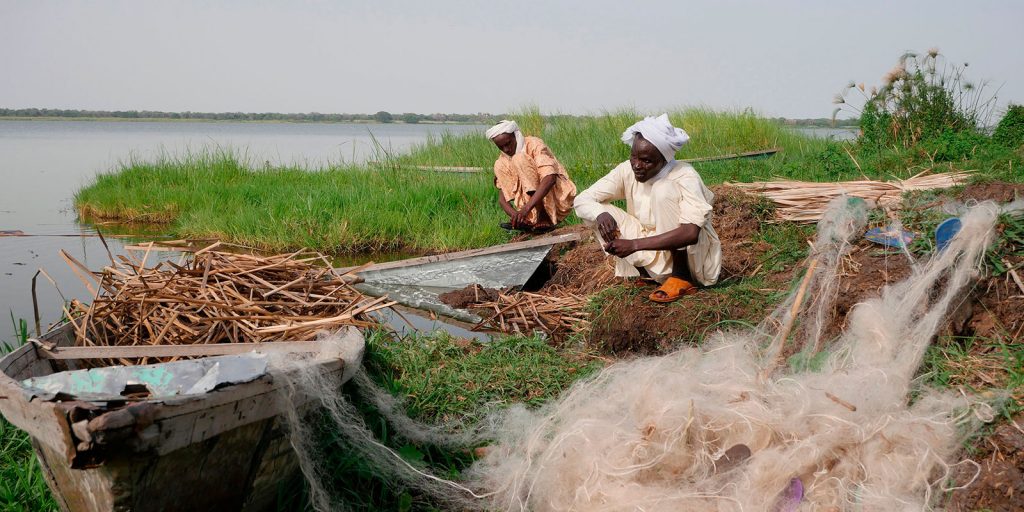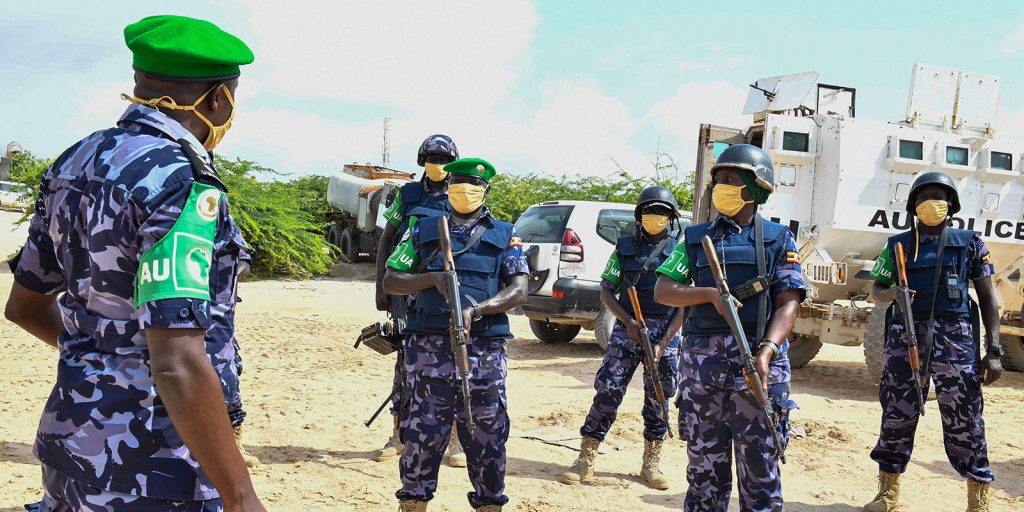
The role of institutions in Silencing the Guns in Africa
In the first week of December 2020, two key meetings were held that will impact significantly on the coming year’s peace and security agenda in Africa. The first was the United Nations Security Council (UNSC) High-Level Debate on the cooperation between the UN and regional and sub-regional organisations. The second noteworthy meeting was the African Union’s (AU) 14th Extraordinary Session on Silencing the Guns in Africa. While held separately, both meetings have informed and will direct the priorities and activities of peace actors across the African continent. The departure point dictating the synergies between the two meetings is how to leverage the partnerships among the UN, AU and regional and sub-regional organisations to silence the guns in Africa. This multi-stakeholder approach offered through institutional cooperation to silence the guns is increasingly important in a context where COVID-19 has acted as a force multiplier in several existing conflicts on the continent.

